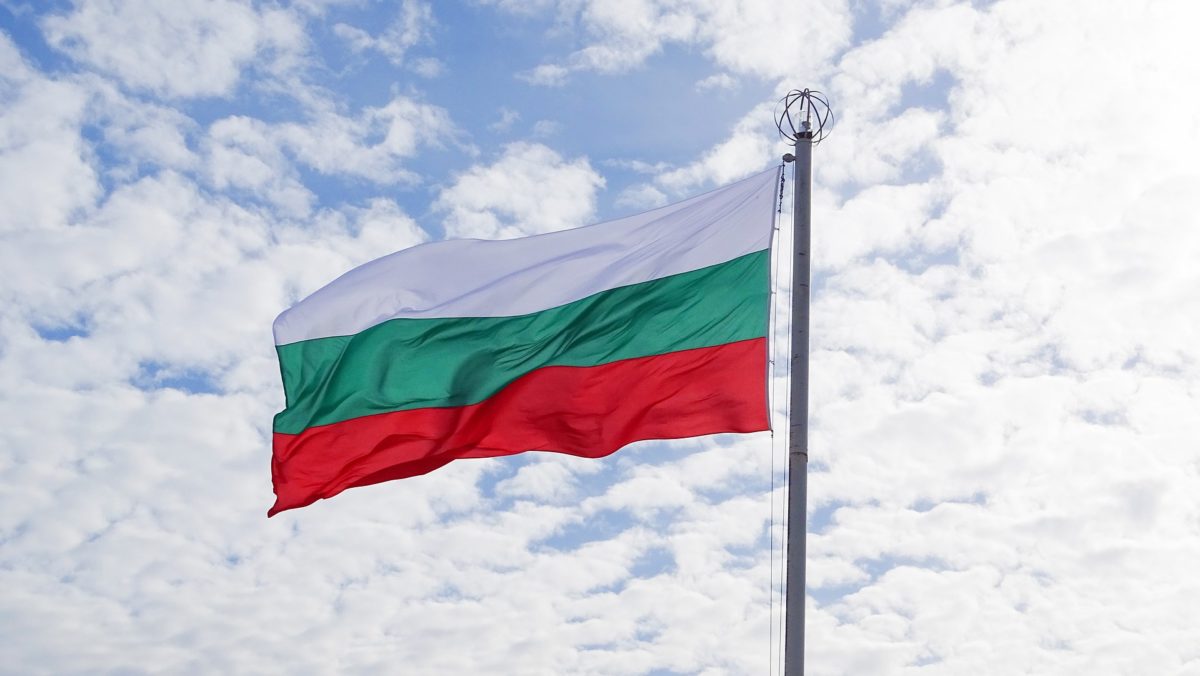Bulgaria is targeting 2,645 MW of new renewable energy generation capacity this decade, according to a draft version of the country's Strategy for Sustainable Energy Development until 2030 with a horizon until 2050, published on the national parliament's website.
The new capacity would include around 2.3 GW of solar and wind projects, which Sofia said should be deployed on a market basis. No details were offered about how such volumes would be commissioned and in which market segments.
The strategy also envisages the nation's coal power plants will remain active beyond 2030 and includes the possibility of new nuclear capacity and upgraded gas interconnection with neighboring countries.
The draft document will be discussed by the Bulgarian cabinet and parliament before adoption.
Popular content
Non-hydropower renewables make up around 2.3 GW of Bulgaria's 12.6 GW power generation fleet, with lignite and hard coal-fired power stations supplying 4.5 GW, hydro 3.2 GW, nuclear 2 GW and natural gas 600 MW. The International Renewable Energy Agency (IRENA) estimates solar accounted for 1,065 MW of that clean energy capacity at the end of last year, with only 32 MW of new projects added in 2019. Irena said only 53 MW of new solar capacity has been added in Bulgaria in the last seven years, because of a lack of incentives.
Last year's 32 MW presaged an uptick in new large scale solar facilities, with plans for a 400 MW solar park in the Haskovo municipality of southern Bulgaria unveiled late last month. That project is expected to sell clean power under a private power supply deal. A 180 MW solar project is also being developed in the town of Devnya, in the Varna province of northeastern Bulgaria.
This content is protected by copyright and may not be reused. If you want to cooperate with us and would like to reuse some of our content, please contact: editors@pv-magazine.com.



1 comment
By submitting this form you agree to pv magazine using your data for the purposes of publishing your comment.
Your personal data will only be disclosed or otherwise transmitted to third parties for the purposes of spam filtering or if this is necessary for technical maintenance of the website. Any other transfer to third parties will not take place unless this is justified on the basis of applicable data protection regulations or if pv magazine is legally obliged to do so.
You may revoke this consent at any time with effect for the future, in which case your personal data will be deleted immediately. Otherwise, your data will be deleted if pv magazine has processed your request or the purpose of data storage is fulfilled.
Further information on data privacy can be found in our Data Protection Policy.